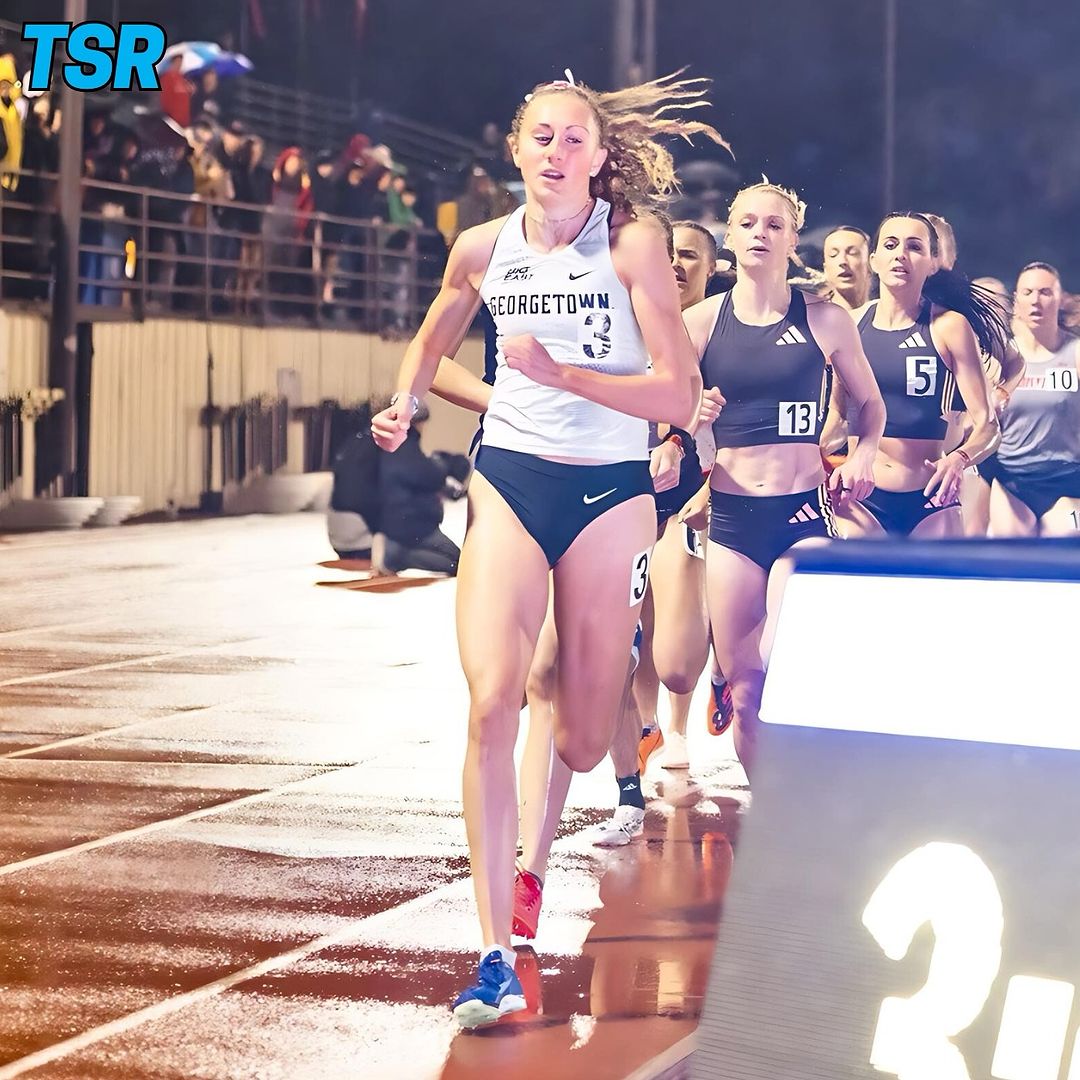Even after his team’s loss to the Indianapolis Colts in Sunday’s AFC Championship Game, New York Jets’ owner Woody Johnson has good reason to be proud of Gang Green.
Not only did the Jets completely shatter expectations for this season – few would have predicted a playoff berth, let alone a run at the Super Bowl – they have re-branded themselves as a team to be reckoned with for years to come.
Thinking reasonably, the Jets could have had three goals at the start of the 2009 campaign.
First, allow first-year quarterback Mark Sanchez to take his lumps and develop into a legitimate franchise quarterback – even at the expense of this year’s record. Although last year’s rookie quarterbacks – Joe Flacco of the Ravens and Matt Ryan of the Falcons – demonstrated they could lead their teams to the postseason, starting Sanchez over veteran backup Kellen Clemens showed the Jets’ eyes were set squarely on the future.
Second, see what kind of leader rookie Head Coach Rex Ryan is. Sure, Ryan was very successful as the defensive coordinator of the Ravens, and almost anyone would have been better at motivating players than the impersonal previous headman Eric Mangini was. But plenty of fine coordinators haven’t panned out as effective team leaders.
Third, give Ryan the opportunity to rekindle the magic of his previous teams and build a formidable defense. Recognizing that the offense would, at the very least, experience growing pains with Sanchez calling signals, the Jets made defense a priority last off-season, bringing in linebacker Bart Scott and cornerback Lito Sheppard to add to a unit that already featured budding stars in linebacker David Harris and cornerback Darrelle Revis.
Even though Sanchez’s play at quarterback was inconsistent for most of the season, the Jets greatly exceeded expectations. Along with the defense’s play – which ranked first in the league in points and yards allowed – the biggest reason for the Jets’ success was unquestionably the new attitude Ryan brought to this team, which had been listless under Mangini.
While the team’s play on the field dictates how fans will judge this season, behind each of these goals was a larger one for Johnson and other top Jets executives: Make this team marketable to the fans.
For the first time in many years it is actually cool to be a Jets fan. Between Ryan’s bombastic comments – including his belief the Jets should have been favored to win the Super Bowl to start the postseason – and the stifling defense they have exhibited throughout the season, there is certainly a lot to be excited about.
But beyond the head coach’s words and the on-field performance of his team, the biggest change to this franchise is the swagger it has established. By bringing in Brett Favre last year and Southern California GQ product Sanchez this season, Johnson made it clear he wanted celebrity star players. Not only did team executives want to win, but they wanted players they could pitch to the fans.
Who would have imagined this change from a team a few years ago that featured understated leaders such as Chad Pennington and Curtis Martin just a few years ago?
arketability is so important to Jets executives because they have been desperately trying to sell Personal Seat Licenses for tickets at the unnamed Meadowlands Stadium, which will house both the Jets and Giants beginning next season.
A PSL is basically a license to have the right to purchase season tickets. Once someone buys a PSL from the team at a certain price – based on the seat’s location within the stadium – the individual then has the right to sell the license to the highest bidder when he or she no longer wishes to be a season ticket holder.
The Jets and Giants are using the revenue from the PSLs – which range from $4,000 to $30,000 per seat for the Jets – to offset the construction costs of the new facility. It should be noted that although all seats for the Giants require a PSL, some sections in the upper deck will not for the Jets.
When stadium construction began in 2007, few thought the Jets and Giants would have trouble selling the licenses – the Giants had a 30-year waitlist for tickets, and the Jets had a 10-year waitlist. But amid this economic recession, many longtime ticket holders are saying “No thanks” to the high costs.
The teams have argued that PSLs are a good investment because fans will be able to sell them at higher prices in the future. While the Giants have sold the majority of theirs, the Jets have struggled to sell many of their seats.
But that was before the Jets were one half of football away from the Super Bowl. For good reason Jets fans are very excited about their team, and some may even take out a second mortgage from the Jets – with interest – and splurge for a few seats.
The Jets have aired a number of commercials in the New York City area to drum up support for next year’s team and to promote PSLs for next season. Even Ryan has made passionate calls to fans urging them to come out and cheer on the Jets in person.
But as the Jets will discover, the key to selling tickets is not an ad campaign, the pleas of the head coach or even the celebrity of their quarterback. What matters are wins and losses.
Based on the promise the Jets and their coach have shown this season, maybe those PSLs aren’t such a bad investment after all.
Nick Macri is a junior in the College. The Big Picture appears in every other Tuesday edition of Hoya Sports.”








